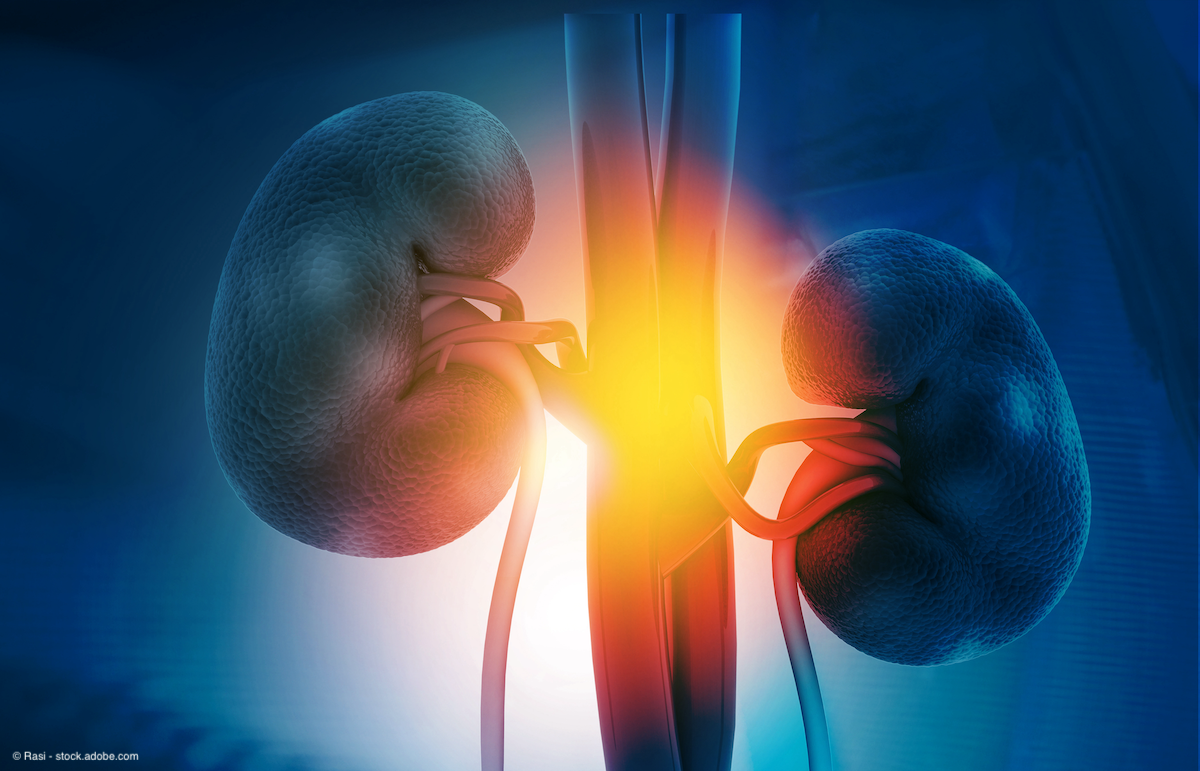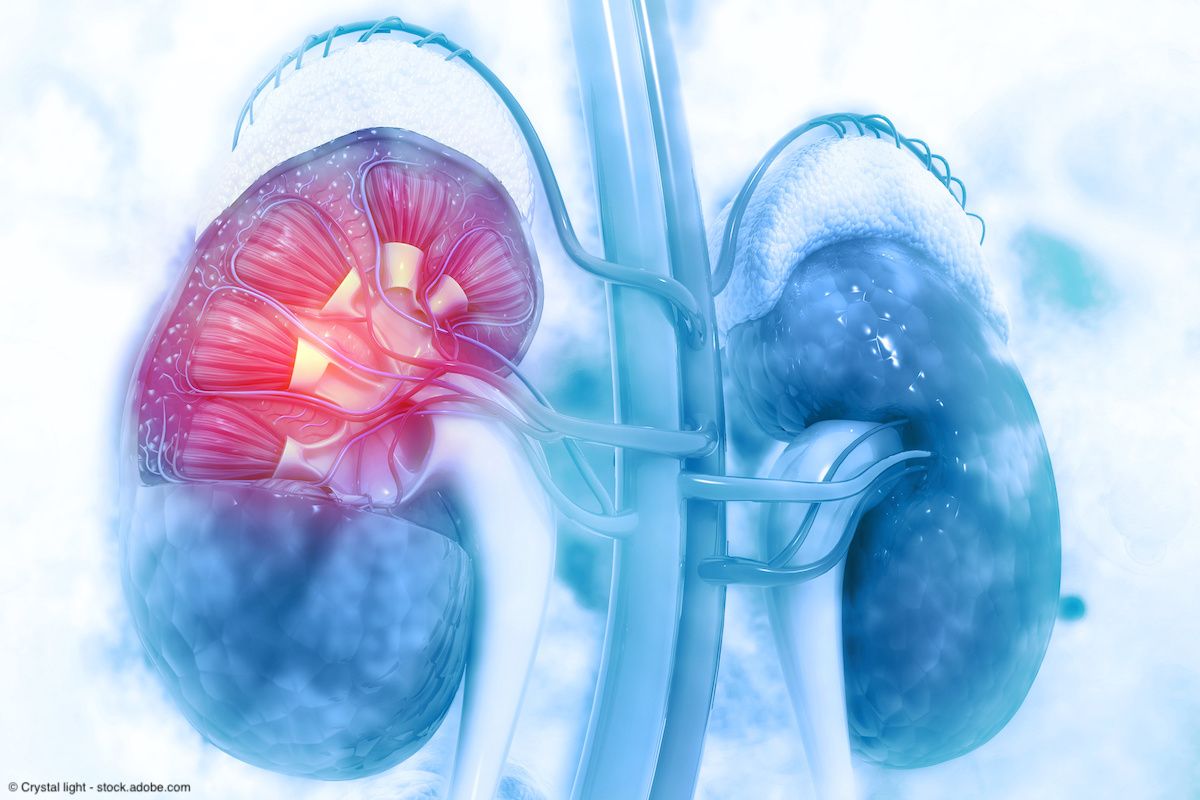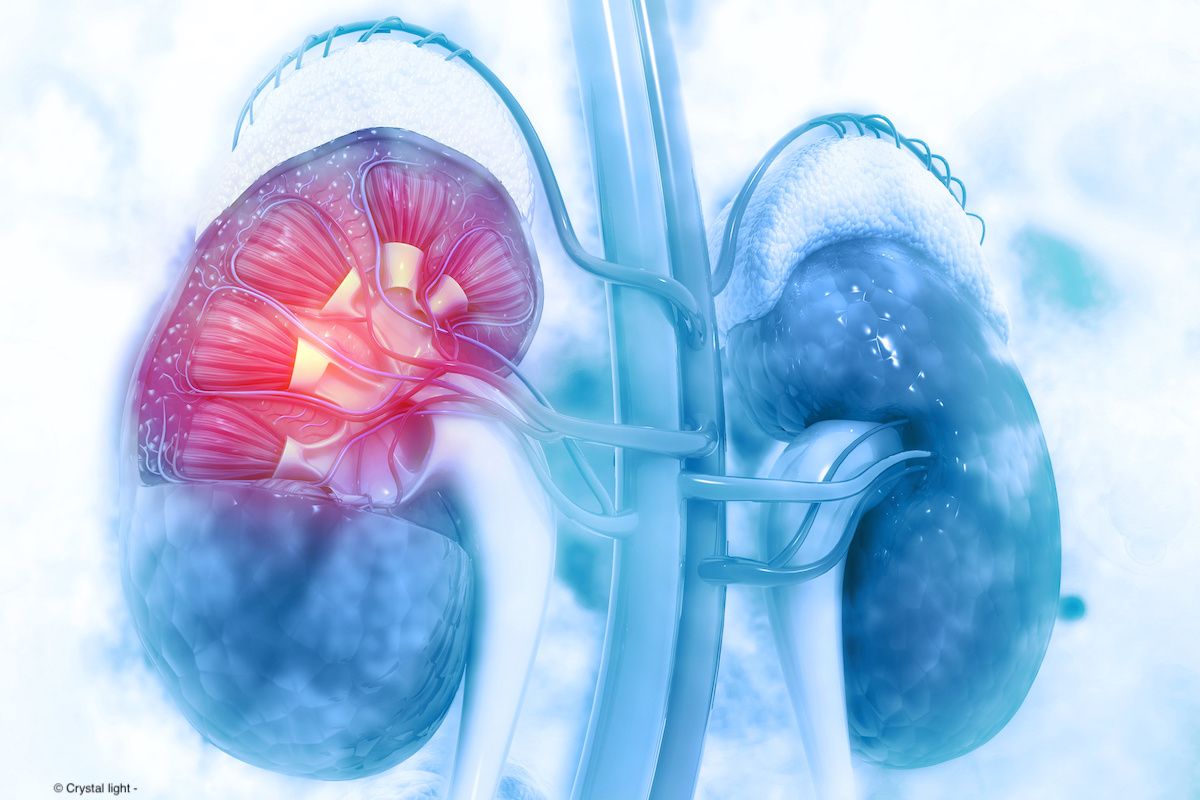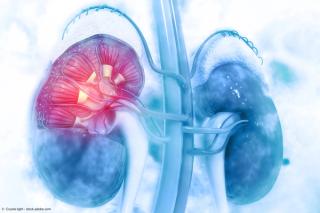
Kidney Cancer
Latest News
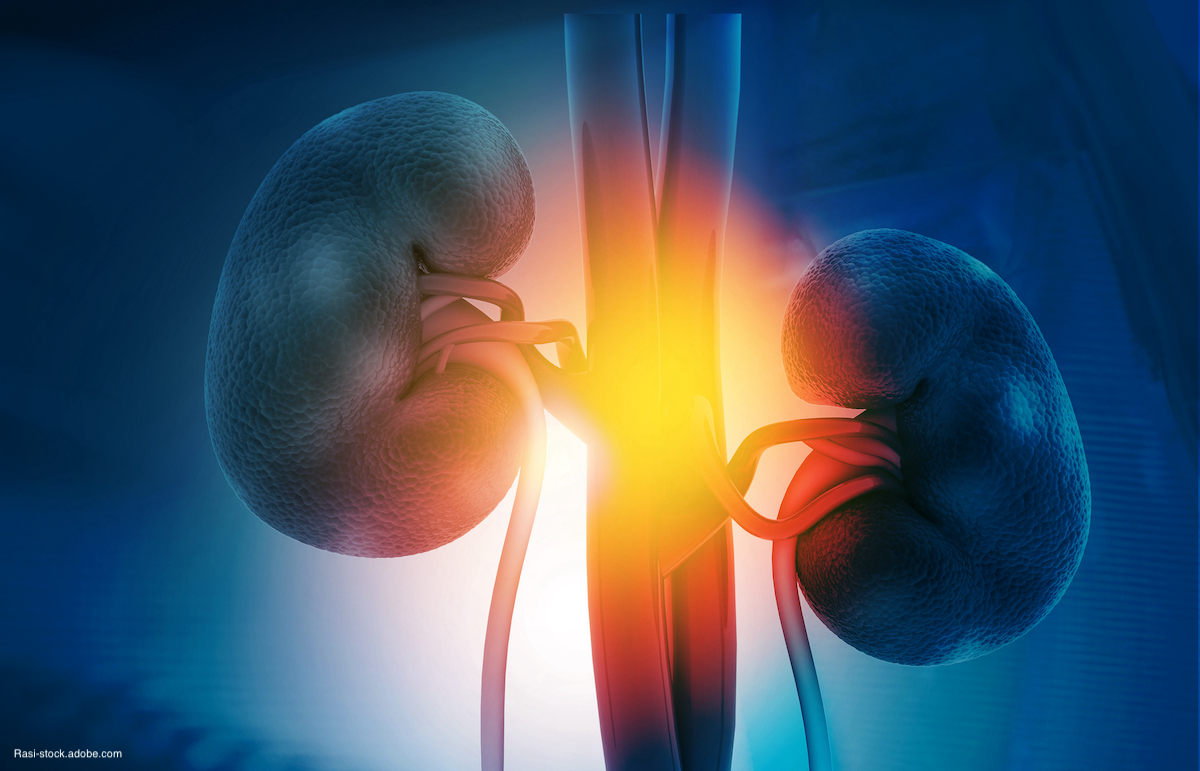
Adjuvant pembrolizumab DFS benefit in ccRCC sustained across disease subgroups
Latest Videos

CME Content
More News
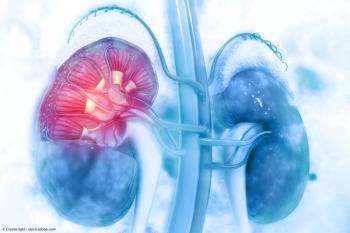
The CAR T-cell therapy IVS-3001 is being explored in patients with previously treated, locally advanced or metastatic solid tumors that are HLA-G–positive.

Although the use of immunotherapy treatments continues to become more prevalent in advanced renal cell carcinoma, high-level evidence showing benefit of sequential administration of these agents is limited.
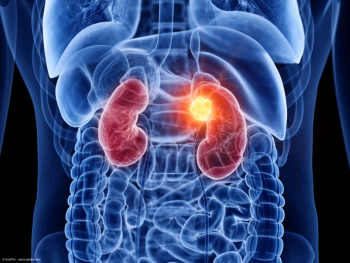
Investigations of treatment regimens featuring antibody-drug conjugates or radiotherapeutics are part of the ongoing wave of research in renal cell carcinoma, according to Rana R. McKay, MD.

"We are hoping this is something that we can repurpose quickly for those affected by these variants,” says Heather Christofk, PhD.

The PARP inhibitor olaparib demonstrated antitumor activity in patients with BAP1-mutated renal cell carcinoma.

"To avoid unnecessary treatment, percutaneous biopsy of the small renal mass has increased for the past several years, but its use remains highly variable," writes Badar M. Mian, MD.

“Our findings show that race-modified equations account for some but not all of the disparity in partial nephrectomy use. We need to keep searching for answers to ensure people of all races receive appropriate care," said Christopher Weight, MD.

Investigators assessed integration of mGPS for risk stratification based on data from the phase 3 IMmotion151 study and the phase 2 IMmotion150 study.

"Clinicians have opportunities to reduce patient subjective and objective financial burden if they continue to self-educate and communicate with patients and consider [financial toxicitiy] an adverse effect of treatment," write Alexandria A. Spellman, MD, MS, and Deborah R. Kaye, MD, MS.

"The emulation framework lends the design and conduct of observational analyses some of the rigor required for the planning of a randomized trial. In doing so, it provides an innovative and principled approach to improve the evidence base on the comparative effectiveness of interventions," writes Boris Gershman, MD, and Aaron Fleishman, MPH.

"We found out the using IRIS intraoperatively during partial nephrectomy does help us with preserving renal parenchyma," says Teona Iarajuli.

Increasing numbers of older patients with cancer necessitates adoption of an age-friendly approach to cancer care.
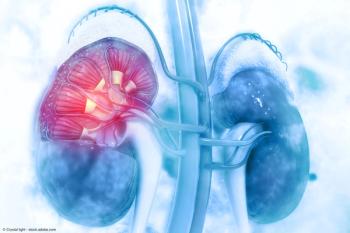
Trajectory inference analysis pointed to SIX2+CITED1+ as the nephrogenic cancer stem cells at the origin of Wilms tumor.

Adding cabozantinib to nivolumab/ipilimumab improved PFS in frontline renal cell carcinoma; however, there was increased toxicity with the triplet, including more adverse event–related discontinuations.

The phase 3 RENOTORCH study is comparing the combination of the PD1-inhibitor toripalimab and axitinib with single-agent sunitinib in patients with renal cell carcinoma.
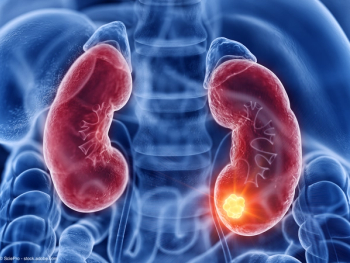
Results from the phase 1 TRAVERSE trial showed signals of anti-tumor activity with the CAR T-cell therapy ALLO-316 in patients with advanced or metastatic clear cell renal cell carcinoma.

The AACU joined thirteen other organizations in asking the House and Senate appropriations committees to allocate $60 million in FY24 for the KCRP at the Congressionally Directed Medical Research Programs.

In combination, the number of immune cells in and around kidney tumors, the amount of dead cancer tissue, and the mutations of PBRM1 can serve as biomarkers of response to immunotherapy in patients with kidney cancer.
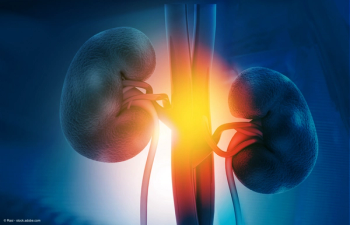
The phase 2 LITESPARK-003 study explored belzutifan plus cabozantinib in patients with locally advanced or metastatic clear cell renal cell carcinoma.

At 5-year follow-up, overall survival among patients with kidney cancer who had quit smoking was 85% compared with 61% for those that continued to smoke.

The phase 2 CaboPoint trial is exploring cabozantinib in patients with locally advanced or metastatic renal cell carcinoma who progressed after first-line checkpoint inhibitor–based combination therapy.

“These disparities are concerning as the generalizability of clinical trial results relies on the assumption that the population of patients included in a clinical trial represents the overall population of patients with the disease," says Brian M. Shinder, MD.

The median overall survival in renal cell carcinoma patients was similar, regardless of whether or not patients received a break from treatment.
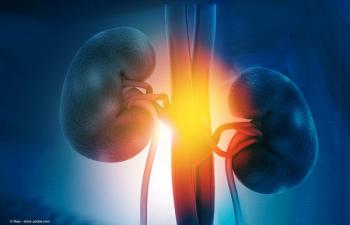
“Now in 2023, it’s really a question of how to apply these agents and which combinations to use in the first line,” said Vincent (Wenxin) Xu, MD.

“As a whole, the benefits of the lenvatinib plus pembrolizumab combination proved to be durable, statistically significant, and clinically meaningful,” said senior author Camillo Porta, MD.

